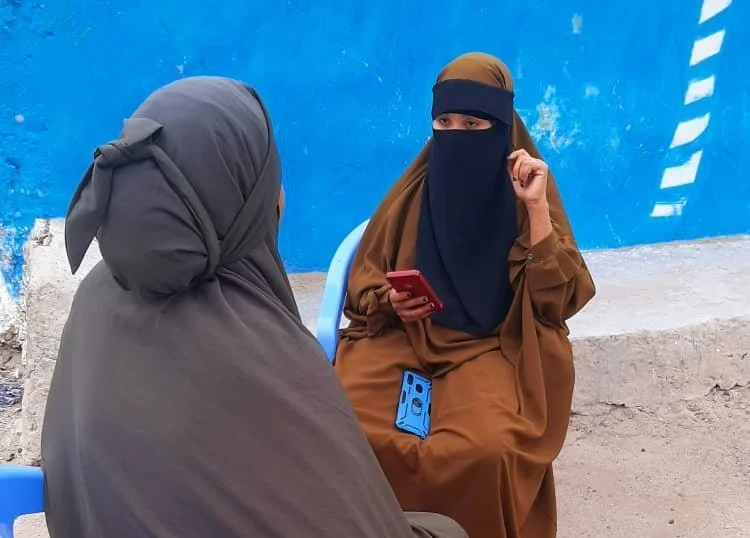January 2023
Samuel Hall, in partnership with Development Pathways, conducted a targeting evaluation of the Shock-responsive Safety Net for Human Capital Project (SNHCP) for the World Bank and the Somali Ministry of Labour and Social Affairs (MoLSA). The team assessed one major component of the SNHCP, which is to provide nutrition-linked unconditional cash transfers to vulnerable households in all states in Somalia and Somaliland.
The findings confirm that despite being implemented in an extremely challenging environment, the SNHCP cash transfer programme has successfully reached many vulnerable and poor households. Moving forward, by learning from the targeting errors identified, this programme provides important learning points for similar cash transfer programmes in the future.
Read More





